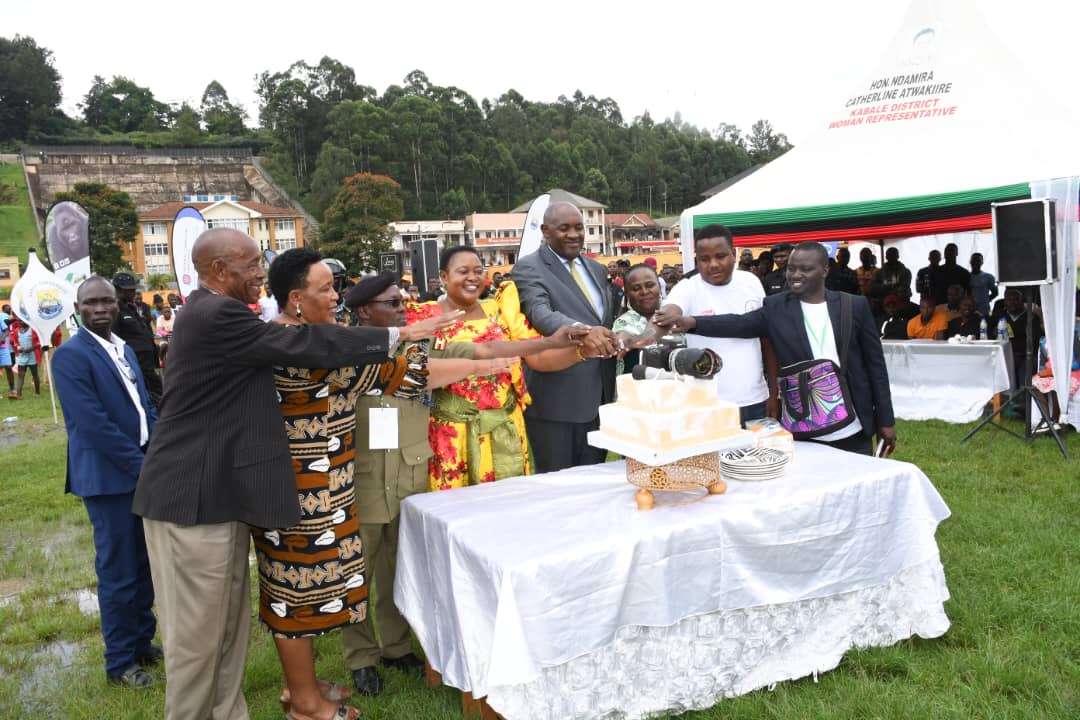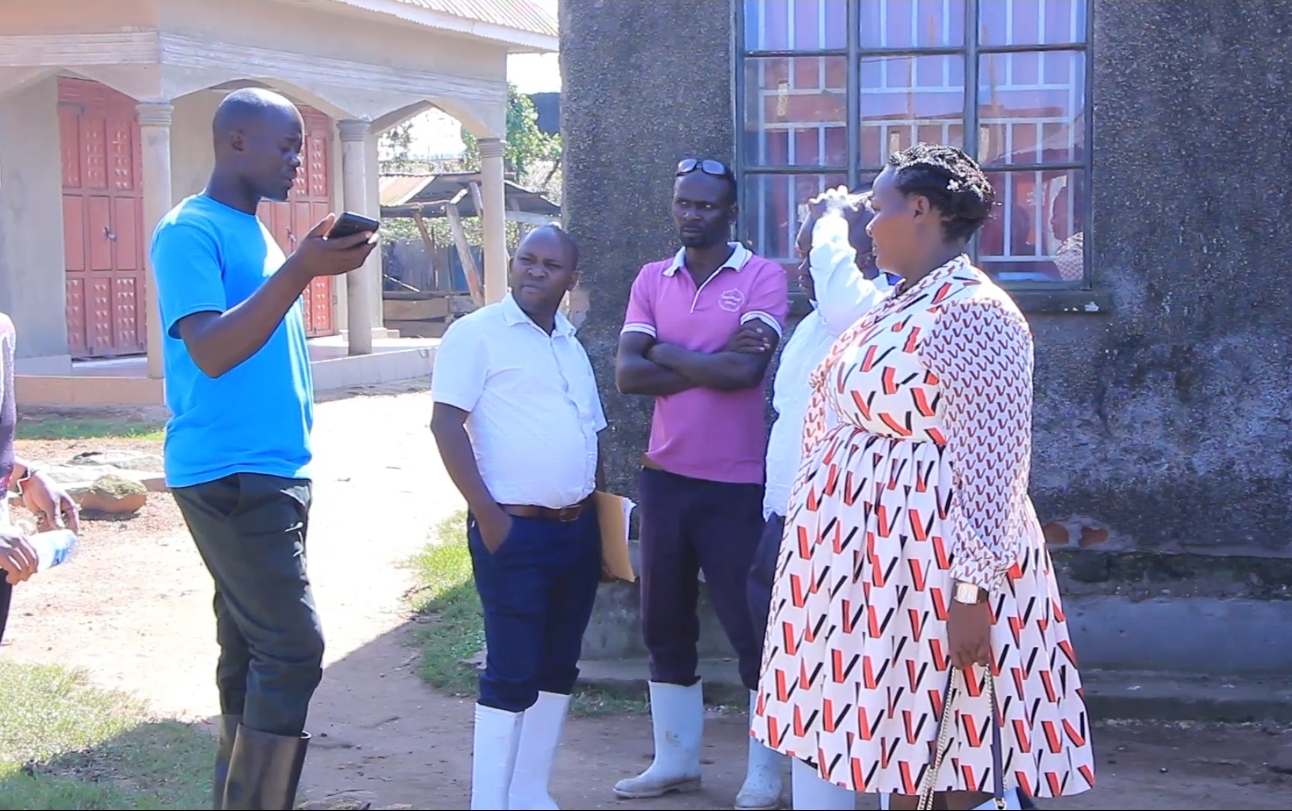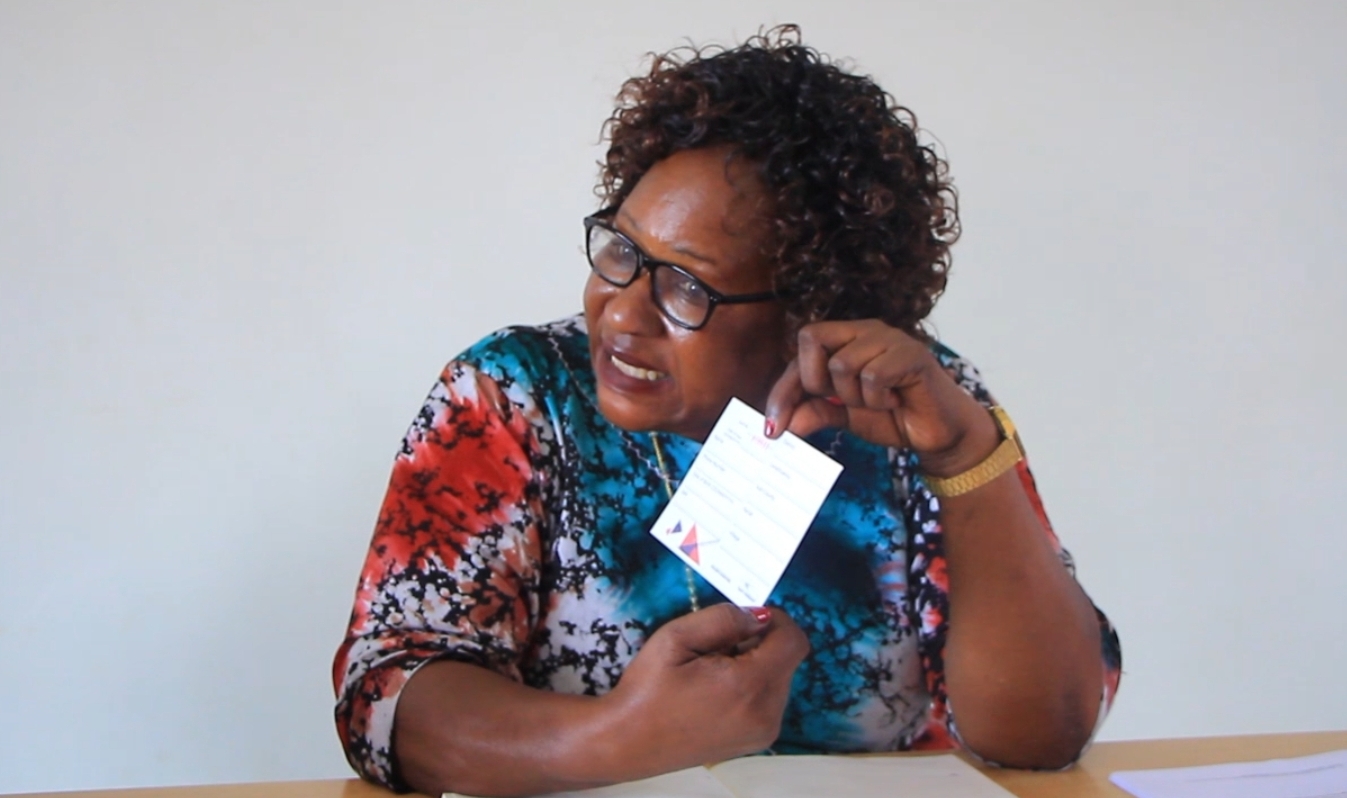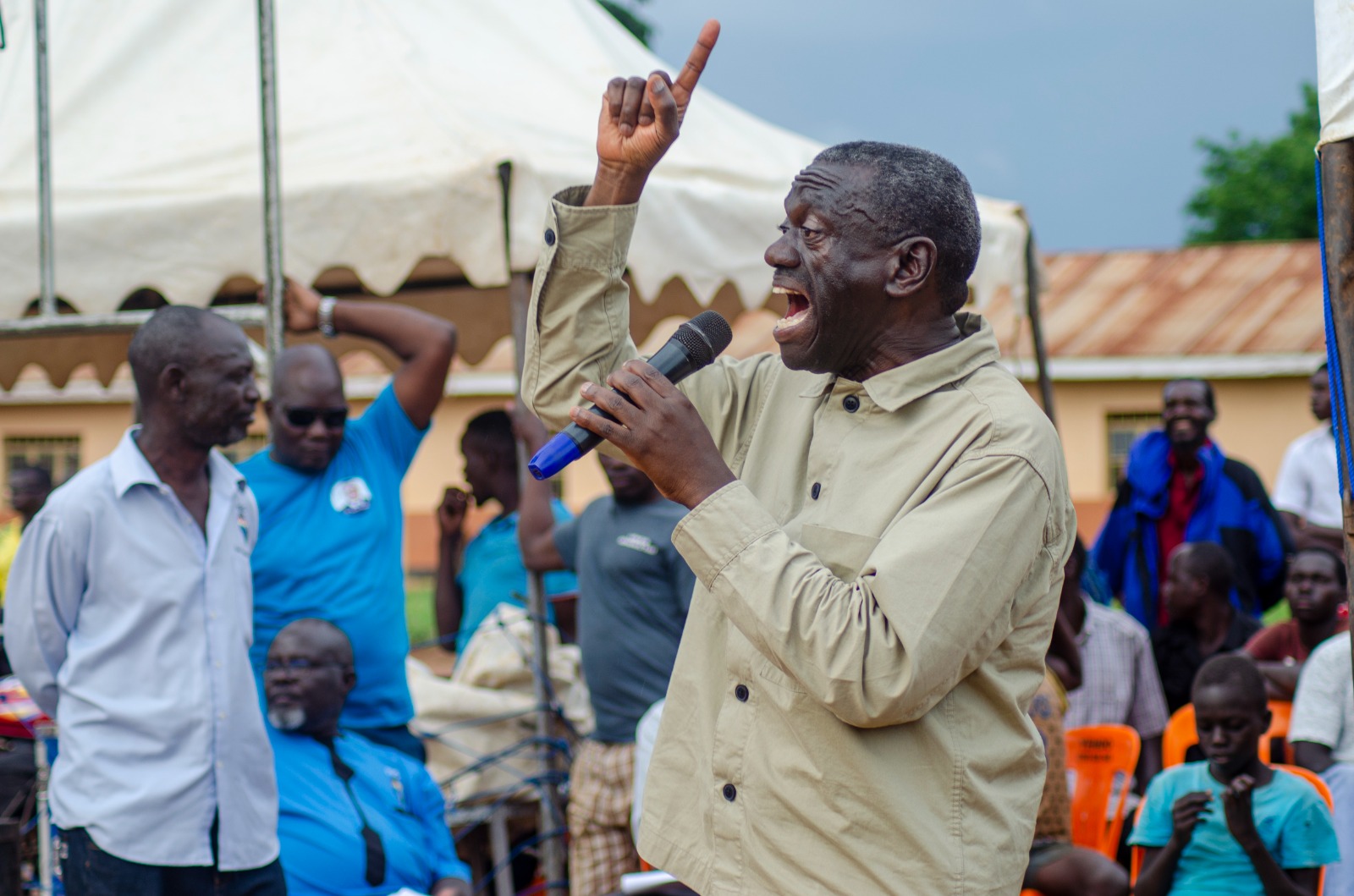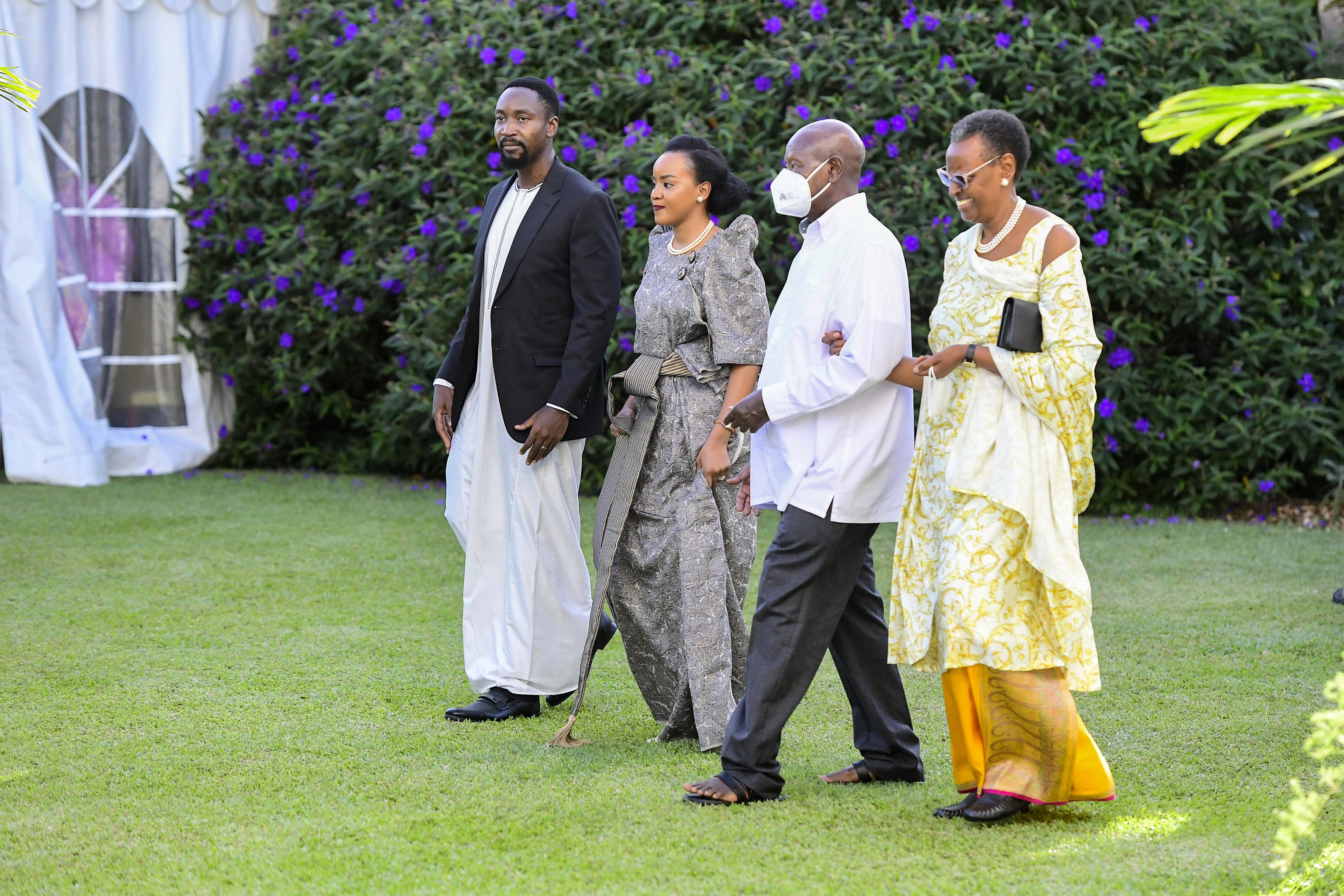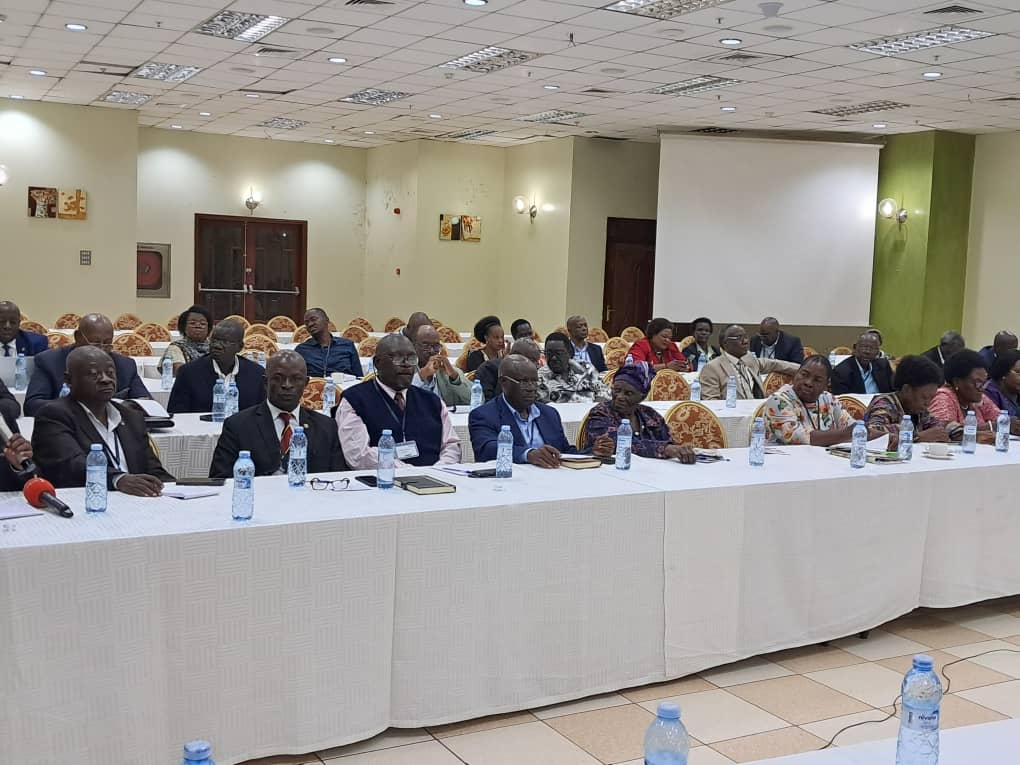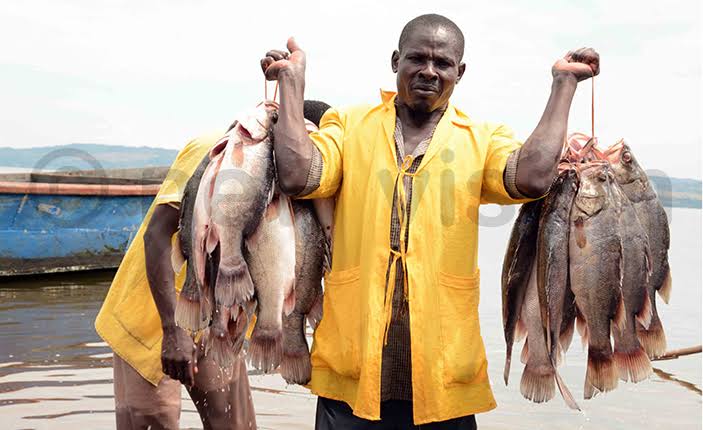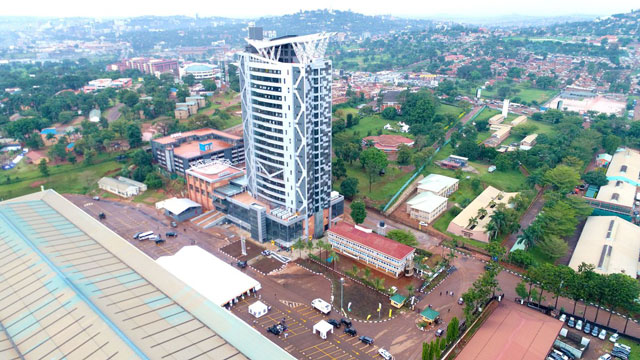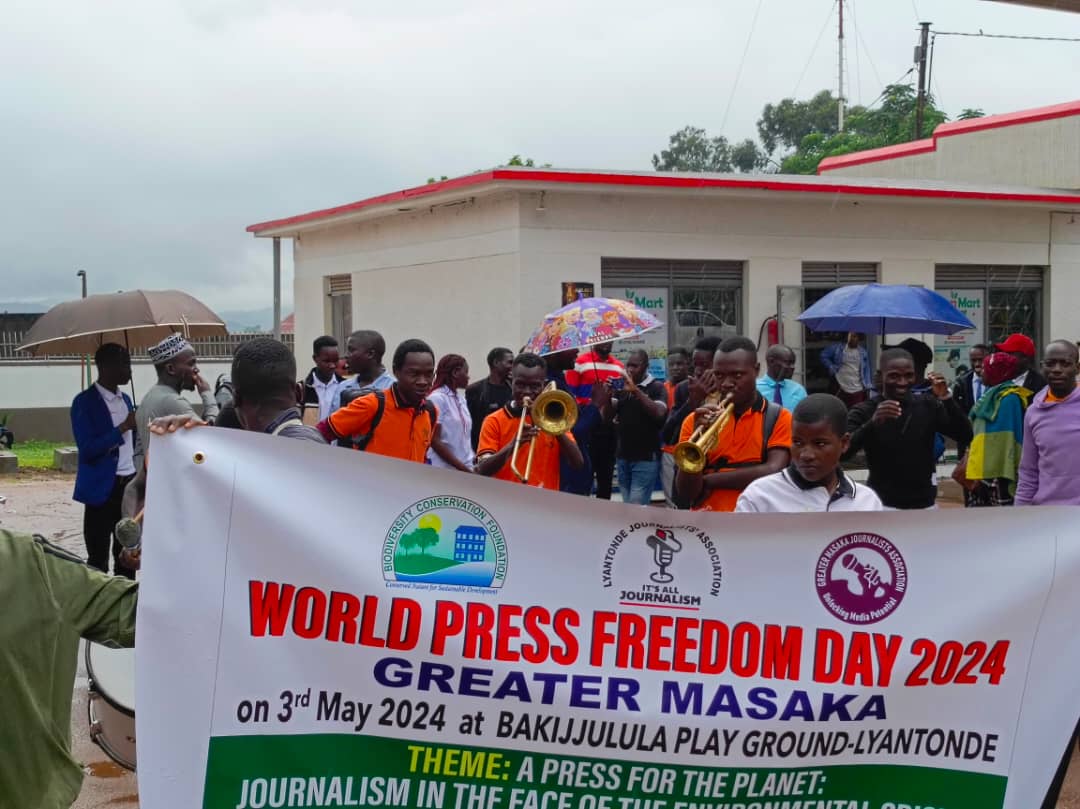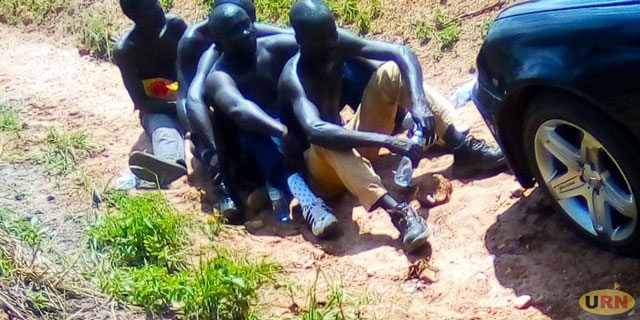150 community leaders in Kampala trained on refugee rights
Local community leaders comprising of at least 150 Local Council Chairpersons in Kampala have been trained on refugee policies and refugee rights to work in Uganda.
The training was conducted by the Refugees in East Africa: Boosting Urban Innovations for Livelihoods Development (Re:Build), aimed at enabling the community leaders to better local offer services and assistance to refugees living in their communities.
Re:Build is an urban refugee program implemented in Kampala by the International Rescue Committee(IRC) and a host of local partners in collaboration with the Kampala Capital City Authority (KCCA).
Town Clerk Rubaga Division town clerk John Bosco Bashinyora lauded the program for its livelihood interventions benefiting refugees and citizens.
‘‘We thank the IRC for doing a good job in helping both refugees and Ugandans in Kampala,’ said Bashinyora at the opening of the training for Local Chairpersons from Rubaga at Rubaga Division headquarters on Friday.
‘‘From a meeting I was having with Ward Administrators before I came here, they said there are some refugees running businesses without trading licenses. So, this meeting is important for refugees to know that it is a legal requirement to get trading licences from KCCA,’ said Mr. Bashinyora.
The IRC’s Re:Build Program Advocacy Manager in Kampala Moses Odokonyero called on local community leaders to promote social cohesion among refugees and hosts. He added that with proper support, refugees stand a chance to make valuable contributions to the growth of local economies.
‘‘Refugees have great potential to engage in productive activities that can contribute to the economy of Uganda. For example, in Kabalagala Ethiopians and Eritreans are introducing new aspects to coffee drinking. The Congolese have brought in a new sense of fashion and as a result are contributing to the textiles and clothing industry,’’ said Odokonyero.
‘‘We are working with different stakeholders at national and community level to address some of the barriers that refugees in the urban face to achieve economic self-reliance. Local and community leaders can play an important part in addressing these obstacles, for example by writing recommendations letters to employers for refugees who may have got jobs,” he said.
As of 30th April 2023, according to figures from the United Nations High Commissioner for Refugees(UNHCR), Kampala has 139, 208 refugees and asylum seekers. Unlike refugees who live in settlements in upcountry locations, refugees in Kampala and other urban centres in Uganda are by policy expected to be self-reliant and as such do not get as much humanitarian support as their counterparts in the settlements.
The training focused on how local leaders can play a role in offering services that support the economic self-reliance of refugees in Kampala through an improved awareness of refugee rights and policies in Uganda.
To promote co-existence between refugees and Ugandans, Ssekabojja Dauda, LC 1 Chairperson of Nyago Village, Kibuye 2 Parish in Makindye Division shared with his fellow Local Council Chairpersons a Community Register he uses to capture details of residents in is area, including refugees.
‘‘This register has helped us to know who our residents are. I encourage my fellow leaders to use the same’’ said Ssekabojja Dauda.
In 2021, the International Rescue Committee (IRC) with a €30 Million funding from the IKEA Foundation, over a five-year period, launched the Re:Build program to promote economic self-reliance of 20,000 urban refugees and host communities in Kampala and Nairobi.


